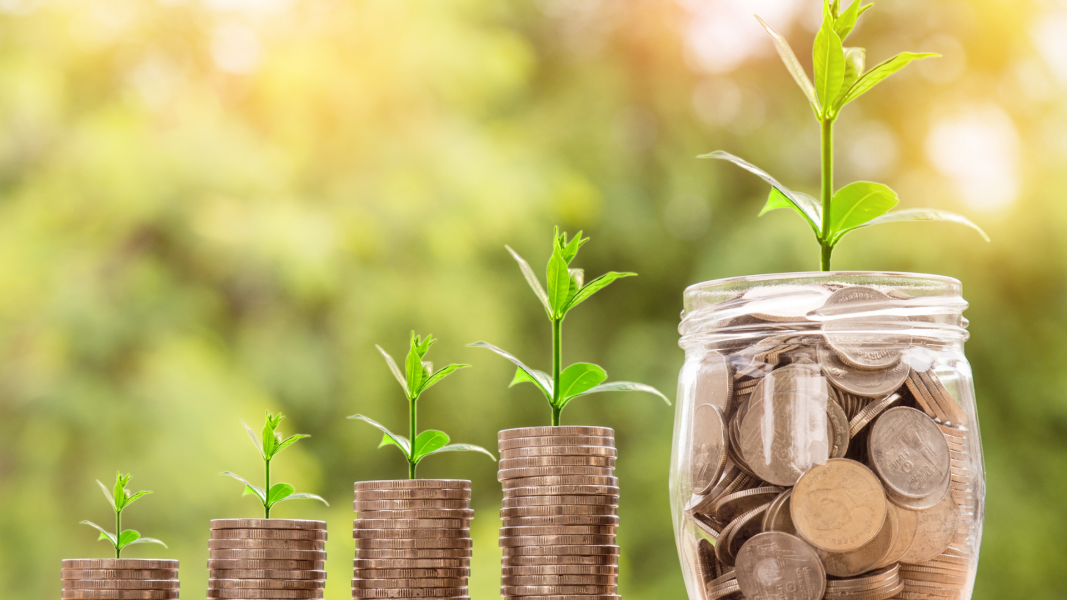
Joseph Heller, an important and funny American writer (author of Catch-22) and his friend Kurt Vonnegut (both now dead) were at a party given by a billionaire on Shelter Island in the northeast of the USA.
Kurt said: “Joe, how does it make you feel to know that our host only yesterday may have made more money than your novel Catch-22 has earned in its entire history?”
And Joe said: “I’ve got something he can never have.”
And Kurt said: “What on earth could that be, Joe?”
And Joe said: “The knowledge that I’ve got enough.”
But, enough of what? Money? Time? Love? Intelligence? Not thinking we have enough, or indeed that we are enough, can lead to an approach to life where we strive constantly and seek to prove ourselves to others (and to ourselves). That might mean behaving in a particular way, or dressing in designer labels, wearing ostentatious watches or jewelry, or driving a fancy car.
One approach might be to think about sufficiency and what it might be to be grateful. A fun group exercise is to ask everyone to look at their phones and find their last purchase. If it is greater than $2.15, point out that they have just spent more (sometimes multiples more) than what 8.5% of the world earns in a day.
In 1930 Maynard Keynes, an economist, predicted that income would rise steadily over the next 100 years. Basic needs would be met and no one would have to work more than fifteen hours a week. But wealth became an end in itself. Thorstein Veblen, an economic theorist, wrote The Theory of the Leisure Class (1899) and coined the term “conspicuous consumption” – when everyone has a car, we are apt to want two cars, or a car and a boat.
Wealth is not an end, but rather a means to 'the good life' – a concept from Aristotle. Modern life has strayed from that ideal.
Focus instead on what is sufficient. This perspective on sufficiency opens up a way of being grateful for what we have. Not just our great comparative wealth. And gratitude can encompass all those aspects of our life other than wealth that nourish us – our friends, family, health, imagination, and intelligence.
In Heartstyles language, not perceiving that we have enough, can be a symptom of living outside-in, where we seek approval and validation from others. This is a “below the line” place of competition and striving. The alternative is to live inside-out, knowing our value and worth. A place where we have moved “above the line” to a place of authenticity and achievement.
